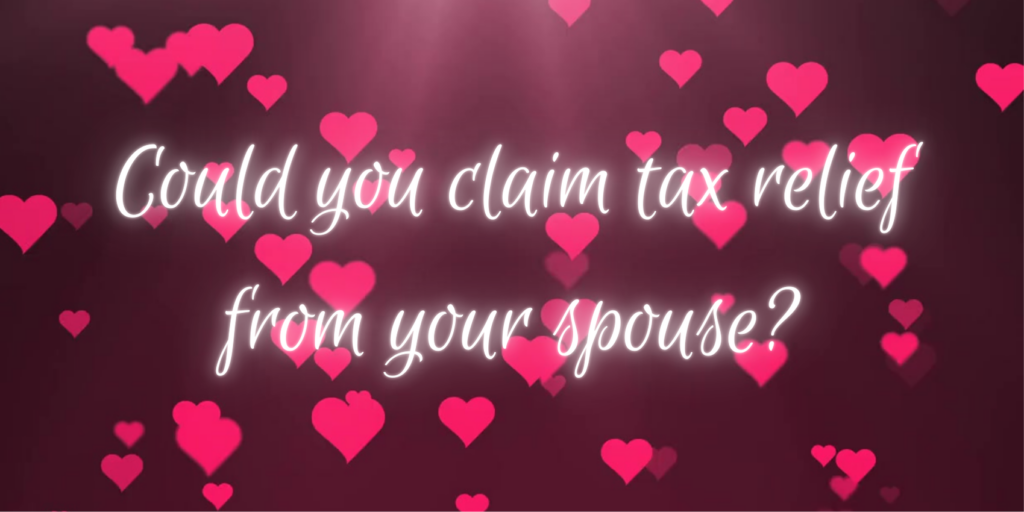Four signs your hospitality business needs an accountant
Running a business in the hospitality industry is an all-consuming occupation. Ensuring positive cash flow can become such a huge concern that it keeps you from concentrating on your customers, which in turn can have a negative effect. Having to sort out invoicing, expenses, end of year accounts, online filing and VAT takes up a lot of time, and when you’re dealing with HMRC, errors can be very expensive.
Here are four signs that you might need a hospitality accountant:
1. High staff turnover
All small businesses face cash flow issues, but hospitality enterprises have additional pressures which can sometimes seem overwhelming. Hotels, pubs and cafes frequently have seasonal or otherwise transient workforces, and according to last year’s figures 50% of workers are non-UK nationals. This figure rises to over 70% for workers in QSR (quick service restaurants or fast food). Staff turnover is often high as a result which can lead to further costs; you may end up short-staffed and having to hire expensive temporary cover as well as spend more time recruiting and training. This can have a major effect on cash flow.
2. Too many special offers
Low start-up capital for a hospitality business can result in over-dependence on free giveaways and offers to tempt people in, and this can become self-defeating. Achieving the right balance with a practical business plan is essential prior to launching. Pricing and getting the correct mark-ups to ensure a reasonable profit is vital. Too low and you risk bankruptcy, with stock running low if you can’t afford to pay suppliers on time, too high and you risk putting customers off.
3. Not being on top of TRONC
Does your café or pub use TRONC? This is the separate organised pay arrangement used to distribute tips, gratuities and service charges, and it can mean these are exempt from National Insurance contributions. If you use TRONC, you must register it with HMRC, and you may be required to operate a separate PAYE scheme and deduct income tax before making the payment. It can be a fair and practical way to reward your staff, but incorrect processing of tips could lead to an inquiry and subsequent fines.
4. VAT confusion
VAT compliance in the sale of wet and dry supplies is a bit of a minefield. Most food and drink sold in catering businesses for human consumption is zero-rated but there are exceptions. For example, products which are supplied frozen but have to be cooked or thawed complelety before being eaten, are zero-rated, but products designed to be eaten while frozen, such as ice cream, are standard-rated. Getting it wrong can be costly.
Running a hospitality business is a calculated risk, so let us help you make the financial risk as low as possible. A reliable hospitality accountant can mean the difference between success and failure, and we have plenty of expertise in this sector. Our no-charge start-up business service, Get Up and Grow, offers aspiring restaurateurs an informal meeting with one of our team and provides guidance on how best to manage your accounts and bookkeeping. Get in touch and get your fledgling hospitality business off to the best possible start.







